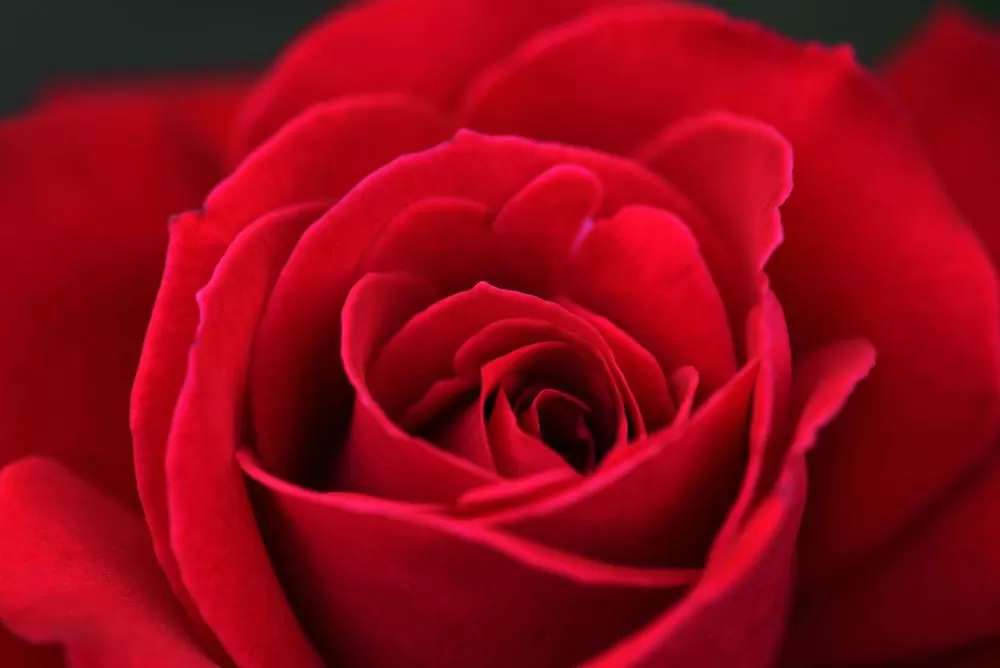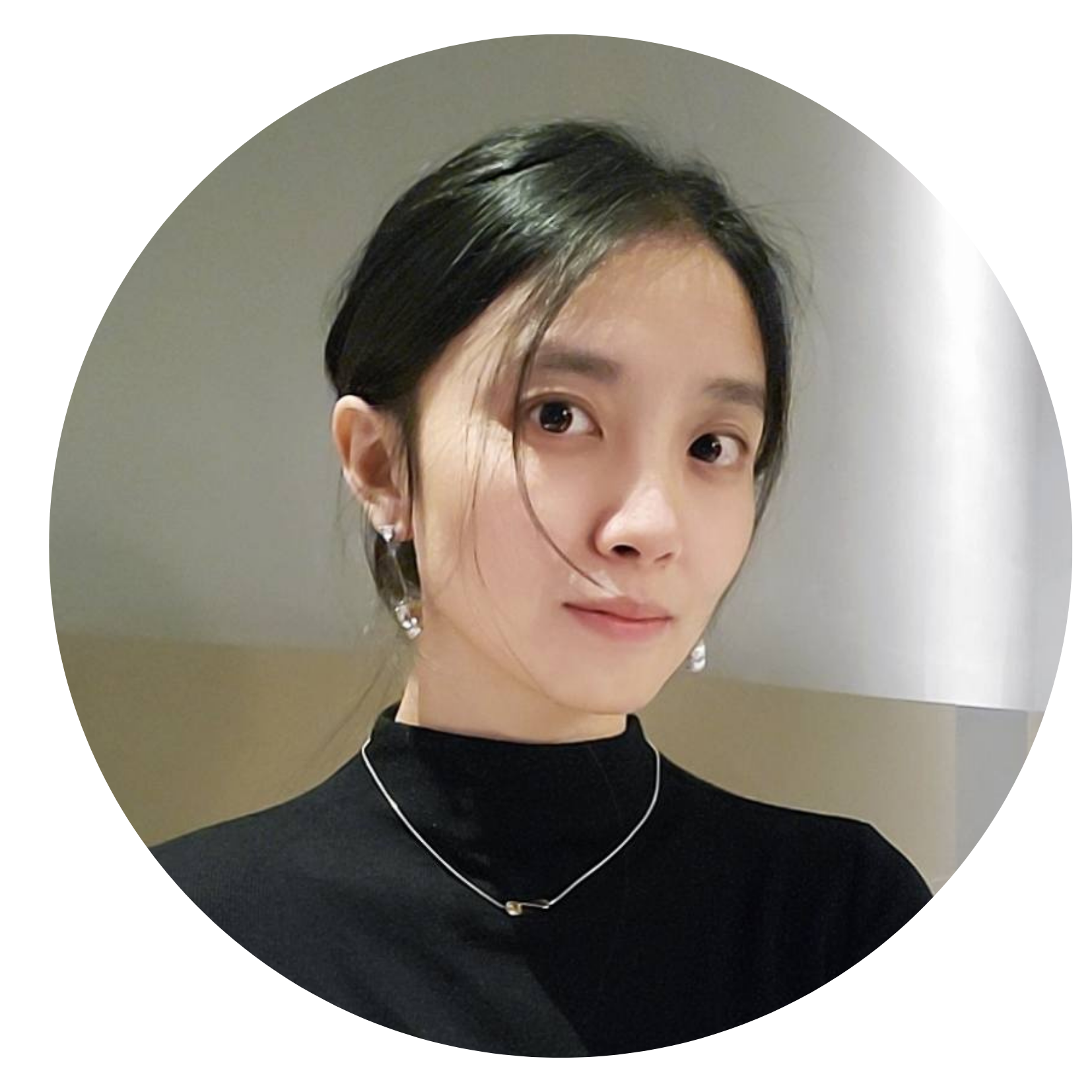
還愛不愛?是問自己,不是問對方!
2025 Mar 06 伴侶關係
【 English below 】伴侶相處間也會出現一種典型親子關係的情境,就是「我這樣說、我這樣做,是為你好」,看似很在乎對方、為對方著想。
但從另一角度看,其實他最在乎的是自己而不是你,因為他希望你聽話是他不想讓自己不舒服。白話就是你乖乖聽他的話,他就會舒服。
下一步你可能就會想,這樣他好像比較愛自己,不是愛我,那他到底愛不愛我?於是開始逼問對方「你說!你到底還愛不愛我?」(這種句型是不是很常在戲劇裡出現!)
都走到逼問了,若他說愛,你會信嗎?若他說不愛,換你崩潰。
所以我覺得這是一句殺傷力強又無用的問句。
在我觀念裡,若你真的要問愛,不是問對方,而是問自己!別問錯對象啊。
問自己 :「我還愛不愛對方?我願意付出多少?」
拜託,別立刻就說出「我可以為愛付出性命!」這種話喔。
戲劇的情感豐沛慷慨激昂熱血沸騰愛得死去活來式的愛,請.留.在.戲.劇.裡.看.看.就.好,please.....別套在自己身上。
我想說的是那種戲劇式的愛,裡面太容易有控制、期待、索求...等「非愛」卻包裝成愛的東西。
有時候也不是我們故意包裝,而是從戲劇、電影、音樂、生活環境裡吸收的愛就很多是這種「非愛」的愛。
在我經驗裡,當我能將「非愛」的東西慢慢去除掉,那愛的品質會逐漸提升起來。
別問我「那愛到底是什麼?」,俺不知啊!還在學習啊!我現在比較能判斷哪些東西是「非愛」,然後當我覺察到「非愛」的東西出現時,我就有機會慢慢地去除它。
「愛到底是什麼?」這是值得一輩子去探索去細細品嚐的問題,不是嗎?
誒誒,別總是把生命當成一連串急著待解決的問題好嗎,生命是一場奧妙的旅程。人生旅程上配上一個像「愛到底是什麼?」這麼美妙的問題很搭好嗎(笑)
一朵花開,它不會因沒人欣賞沒人聞就不開花,它照開,它照樣綻放自己,還自個兒散發花香,有人欣賞很好,沒人欣賞也很好。我現在所理解的愛,就有點像這樣。
愛,只管給出去什麼、品質是什麼。有沒有他人回應倒是其次了。不只用在伴侶關係上,其他關係也是喔。
給予舒服的愛,就像舒服的花香,讓他人聞了還會嘴角上揚,心變柔暖幸福感增加。
若真要看自己給予愛的品質如何,可以去觀察對方是否嘴角上揚,心變柔暖幸福感增加。
以後談論到愛,可以想著....
「我是一朵不管有沒有人欣賞,都會綻放自己散發花香的花」
「我是一朵不管有沒有人欣賞,都會綻放自己散發花香的花」
「我是一朵不管有沒有人欣賞,都會綻放自己散發花香的花」
歡迎洗腦自己是花🌹 謝謝😆 (開始不正經,歪腰)
讓我們來想想 💖
我是否一直期待愛情像電影裡那樣——戲劇化、強烈、充滿高潮與低谷?
我所給出的愛,是不是藏著壓力、控制,或未說出口的期待?
如果像花朵一樣自然地散發愛,不求回報、自在平和,那會是什麼樣的感覺?
Stop Asking If They Still Love You—Ask Yourself First!
In relationships, we often fall into a dynamic that looks a lot like a parent-child relationship. One common example? The classic "I’m saying/doing this for your own good." It sounds caring and selfless—but if we look more closely, it’s often not really about you at all.
It’s about them wanting to feel comfortable. If you just behave the way they want, they don’t have to deal with discomfort. In simple terms: if you listen and obey, they feel good.
So what happens next? You might start wondering, “Wait… maybe they care more about themselves than about me. Do they still love me?” And then comes the pressure, the confrontation: "Just tell me! Do you still love me or not?!"
(Yes, that line shows up in a lot of dramas, right?)
But really—if it’s come to the point where you’re demanding an answer, will you even believe them if they say yes? And if they say no? Total emotional meltdown.
That’s why I think this is one of the most harmful—and useless—questions you can ask.
If you really need to ask about love, don’t ask them. Ask yourself.
You’re asking the wrong person.
Ask yourself:
Do I still love them?
How much am I willing to give?
(And please—don’t jump in with something like, “I’d die for love!” Let’s not go full drama queen here.)
That kind of passionate, tragic, over-the-top love belongs in soap operas. Feel free to watch it, just don’t base your real relationships on it. Please.
Why? Because that kind of love is often wrapped up in control, expectations, emotional demands—all the things that aren’t love, but get dressed up like it.
It’s not always intentional. We grow up surrounded by dramas, movies, songs, and cultural messaging that define love in distorted ways. We absorb them without realizing it.
In my experience, when I start removing the parts that aren’t love, the quality of my love improves.
Don’t ask me what love really is. I don’t know either! I’m still learning. But I am getting better at spotting what love isn’t. And every time I notice those things in me, I have a chance to let them go.
"What is love, really?" It’s a question worth exploring—not rushing to answer.
Let’s not treat life like a checklist of problems to solve. Life is a mystery. And having a question like “What is love?” in the middle of it? That’s kind of beautiful, don’t you think? 😊
A flower doesn’t stop blooming just because no one notices it. It still blossoms, still shares its scent. If someone appreciates it, great. If not, also great.
The way I understand love right now is kind of like that.
Love is about what you give and how you give it. Whether or not others respond to it—that’s secondary. And this applies not just to romantic relationships, but to all kinds of human connection.
A loving presence feels like a gentle fragrance—it makes people smile, softens their hearts, and brings warmth.
If you want to know what kind of love you’re giving, ask yourself:
Do they smile more because of me?
Do they feel safer, softer, lighter when they’re around me?
So next time you think about love, try this mantra:
“I am a flower that blooms and shares its fragrance, whether or not anyone is watching.”
“I am a flower that blooms and shares its fragrance, whether or not anyone is watching.”
“I am a flower that blooms and shares its fragrance, whether or not anyone is watching.”
Feel free to brainwash yourself into becoming a flower 🌹 😆
Let's think about it!
1. Have I been expecting love to look like it does in movies—dramatic, intense, full of highs and lows?
2. Am I giving love that’s filled with pressure, control, or unspoken expectations?
3. What would it feel like to simply give love, the way a flower gives its scent—freely, peacefully, and without needing anything in return?

Hi ,大家好,我是展展 Betty.
一位喜歡用文字與攝影,記錄生命成長的人.
是一名登山嚮導,喜歡多元,所以除了爬山外,現在關注主題 AI、投資理財、變美
▪️ 喜歡書寫的主題:生命體悟、親密關係、親子關係、個人成長、讀書心得、金錢思維、哲學思考





